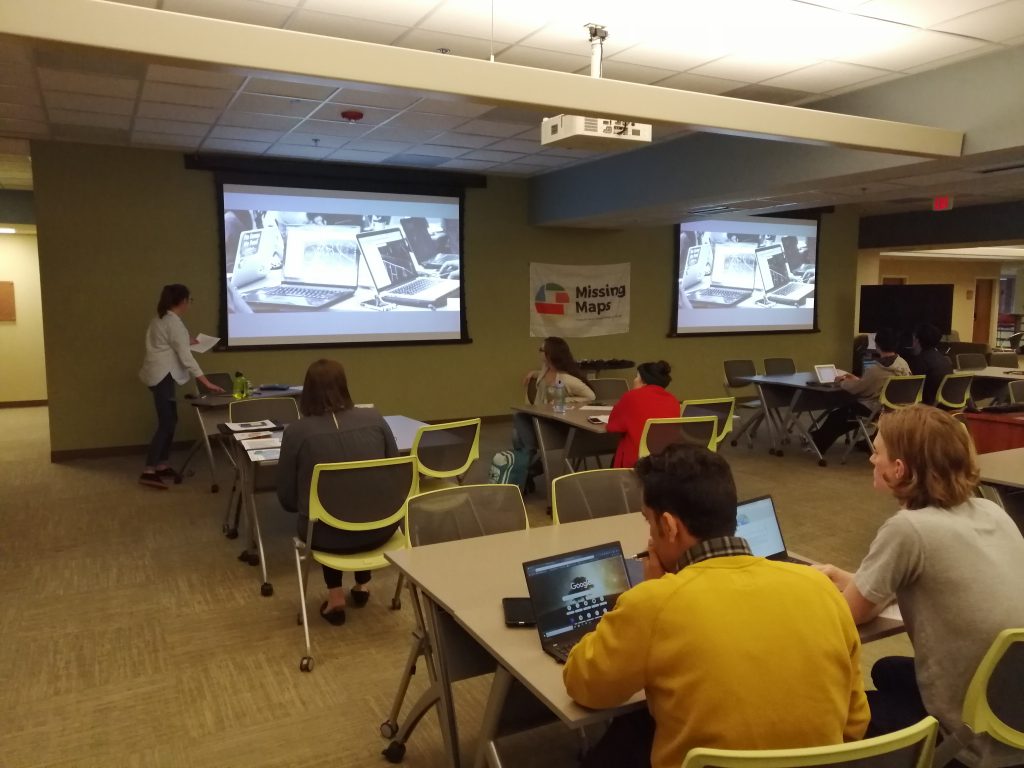What do geographers do?
Geographers use interdisciplinary approaches and skills to understand and respond to issues valued by communities, employers, and policymakers. For example:
How does climate change affect the way we build cities?
How does globalization influence where and how your everyday needs –food, energy, waste disposal– are met?
How can local knowledge and policy work together to overcome health disparities between people?
Geography at Carolina is quite diverse! Human geographers study the spatial aspects of human activity –what people do, where, and why there– and its effects. Physical geographers describe, model, and predict the patterns of natural features and processes, such as climate, landforms, soil formation, and water flow. Some geographers use and develop digital tools and techniques for communicating how the world works, for example, Geographic Information Systems (GIS), remote sensing, and online and interactive mapping platforms. Other geographers use humanistic and creative expression methods, such as story-telling and performance ethnography, to learn from the experiences that shape our understanding of the world.
Check out this work on Emotional Environment and algal blooms in Jordan Lake!
Many geographers use a wide selection of approaches and don’t always define themselves only as “human” or “physical” geographers. Geography is among the few majors that work across “human” and “natural” fields to understand and respond to today’s complex questions about societies and environments.
What can I do with a geography degree?
Career opportunities for geographers are wide-ranging. Below are some examples of areas where geographers work:
- social, health, and environmental policy
- energy, food, transportation, economic development, and tourism planning
- global development and aid
- urban and regional planning
- research and education
- community well-being and empowerment
- resource management
- environmental conservation, regulation, and modeling
To learn more about the major and minors in geography, check out the B.A. Program Requirements. You can also contact the Director of Undergraduate Studies (DUS) to set up an initial advising appointment.



